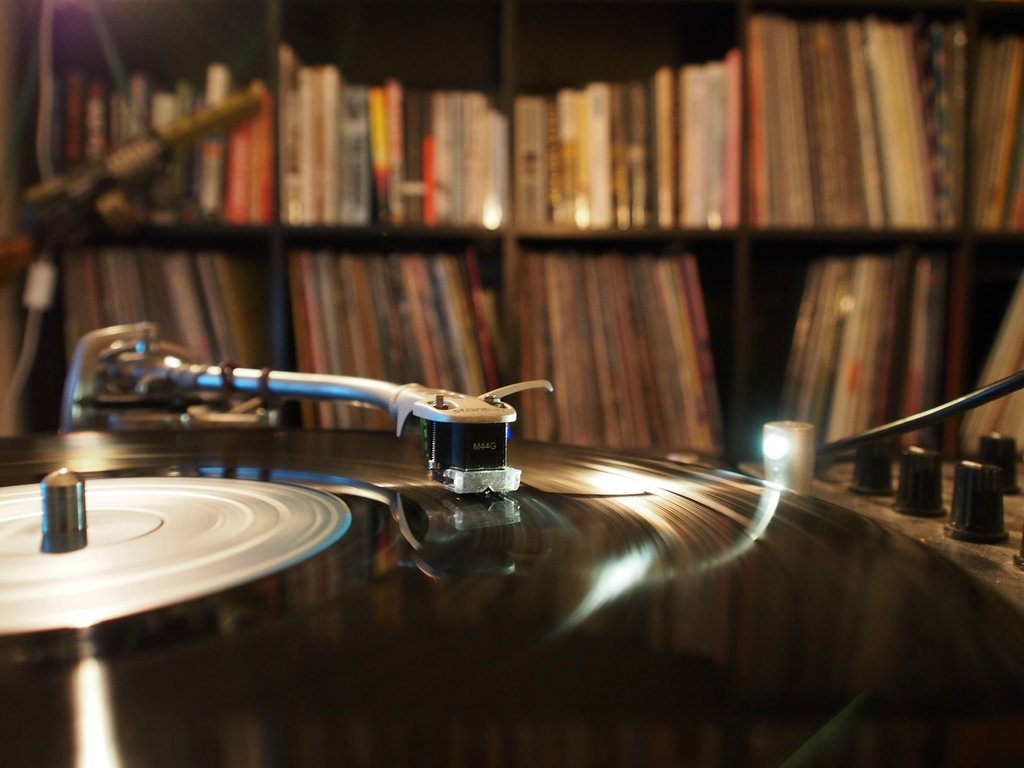Release and reception

After completion and before public release, the wall was played for a group of executives at Columbia's headquarters in California. Several were reportedly unimpressed by what they heard. Matters had not been helped when Columbia Records offered Waters smaller publishing rights on the grounds that The Wall was a double album, a position he did not accept. When one executive offered to settle the dispute with a coin toss, Waters asked why he should gamble on something he owned. He eventually prevailed.[56] The record company's concerns were alleviated when "Another Brick in the Wall Part 2" reached number one in the UK, US, Norway, Portugal, West Germany and South Africa. It was certified platinum in the UK in December 1979, and platinum in the US three months later. In Germany, the album reached the one million sales mark within three months of its release. In Canada, the album had sold 830,000 copies by January 1981.
The Wall was released in the UK and in the US on 30 November 1979. Coinciding with its release, Waters was interviewed by veteran DJ Tommy Vance, who played the album in its entirety on BBC Radio 1.[72] Critical opinion of its content was mixed. Reviewing for Rolling Stone in February 1980, Kurt Loder hailed it as "a stunning synthesis of Waters's by now familiar thematic obsessions" that "leaps to life with a relentless lyrical rage that's clearly genuine and, in its painstaking particularity, ultimately horrifying."
By contrast, The Village Voice critic Robert Christgau regarded it as "a dumb tribulations-of-a-rock-star epic" backed by "kitschy minimal maximalism with sound effects and speech fragments", adding in The New York Times that its worldview is "self-indulgent" and "presents the self-pity of its rich, famous and decidedly post-adolescent protagonist as a species of heroism". Melody Maker declared, "I'm not sure whether it's brilliant or terrible, but I find it utterly compelling."
The album topped the Billboard charts for 15 weeks, selling over a million copies in its first two months of sales, and in 1999, it was certified 23× platinum. It remains one of the best-selling albums of all time in the US, having sold over 19 million copies worldwide between 1979 and 1990 selling over 19 million copies worldwide. The Wall is Pink Floyd's second-best-selling album after 1973's The Dark Side of the Moon.
Engineer James Guthrie's efforts were rewarded in 1980 with a Grammy award for Best Engineered Recording (non-classical), and the album was nominated for the Grammy Award for Album of the Year. Rolling Stone placed it at number 87 on its 500 Greatest Albums of All Time list in 2003, maintaining the rating in a 2012 revised list, although this was updated to 129 with the list's 2020 revision. The album was also included in the book 1001 Albums You Must Hear Before You Die.
In 2008, The Wall was inducted into the Grammy Hall of Fame
The Wall, said Billy Corgan at his induction of the Floyd into the Rock and Roll Hall of Fame, was "at my tender age of fourteen… too creepy, too intense, too nihilistic. And, of course, these are all the things that I believe in now… But at twenty-eight years old, it's one of the bravest records I've ever heard. And I really can't point to anything else that's ever summed up everything that's fucked up about life; everything that's fucked up about rock. It takes on politics, hero worship, rock 'n' roll, and our desires to connect with the universe, all in one fell swoop. It really, truly, is an amazing testament to how far they were willing to go to reach the outer limits of what's important."
"The Wall is stupefyingly good," Waters declared in 1992. "Christ, what a brilliant idea that was. It holds together so well… And of course Dave's musical influence on that was considerable. Despite what has happened between us since then, I still have great respect for him as a guitarist."




